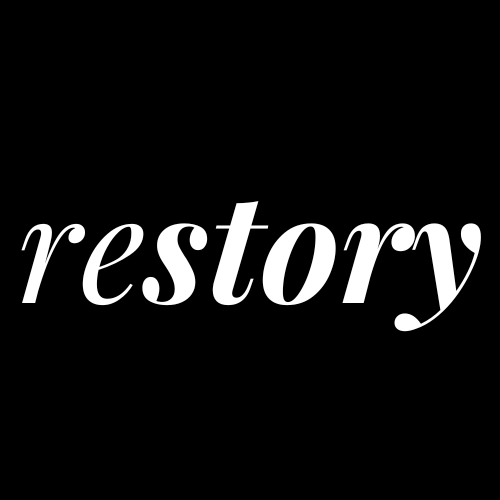As someone who has walked through recovery/healing in the aftermath of sexual abuse, I get a lot of questions about that journey. Here are three taken from my book, Not Marked. I pray the answers offer hope and grace.
Question 1: What is your response to people who say things like “That happened a long time ago. Why can’t you just get over it?”
I’d ask a question back. When has someone you loved died? How long did it take you to “get over” that loss? Most of the time people who say that insensitive comment are either:
- Completely oblivious to the trauma and devastation of sexual abuse, and are simply uncomfortable when you bring it up. This is their way of shutting you down.
- Stressed that you brought it up because they have their own issues of abuse and are too afraid to admit to the pain.
- Some people truly believe that sexual abuse causes no lasting damage.
Counselor Lucille Zimmerman asserts, “Sometimes Christians are quick to expect victims to heal in a hurry. Victims are preached at, given pat answers, and expected to forgive and forget. But just as Nehemiah had to acknowledge the extent of the damage before he could begin repairing the walls around Jerusalem, survivors need to take many long steps before they heal.” Zimmerman, Lucille Renewed: Finding Your Inner Happy in an Overwhelmed World (Nashville, TN: Abingdon Press, 2013) 52.
Comments like these can derail you, make you feel very small, and push you further back on your journey of healing. When they happen, instead of seeing the comment as an indictment against you, see it as an indication of the other person’s warped perspective.
In other words, it’s not about you; it’s about them. Re-framing their question in your mind will also help. Something like, They may think it’s simple to get over sexual abuse, but they don’t understand the process. I’m choosing today to be grateful at the amount of healing I’ve had. I’m further along than I was two years ago. I’m more resilient. I have more empathy for people. And I’m becoming healthier.
Question 2: My spouse takes it personally when I can’t drum up the interest or desire. I so desperately want to be close, but resentment has built up on both sides.
This is an extremely common problem, one that I experience frequently. What helps us is talking about our pain—Patrick sharing how he feels (rejection), and me sharing how hard it is to be healthy sexually. If we stuff our resentment, it gets ugly—then explodes. If you’ve gotten to the point that you can’t talk about it, consider couple’s therapy where you have a safe place to share your anxiety and sadness in the presence of a mediator.
Question 3: I’ve been told that my virginity is the most precious part of me, but I lost it through someone else violating me. So am I no longer precious?
First, what happened to you was not your fault. Someone stole from you, violating your body and your trust, damaging your soul. You are not damaged goods. God redeems even sexual abuse. He cleanses us. Your virginity isn’t the most precious part of you; your soul is, the place where Jesus lives.
…
If any of these questions resonate with you, and you live near the Dallas Fort Worth area, Patrick and I will be speaking about how marriage can be a place of healing for sexual abuse victims at the Unmarked Marriage Seminar on May 17th, 8:30–12:00 at Lakepointe Church. Register here. Cost is super reasonable & you receive a free book.



0 Comments